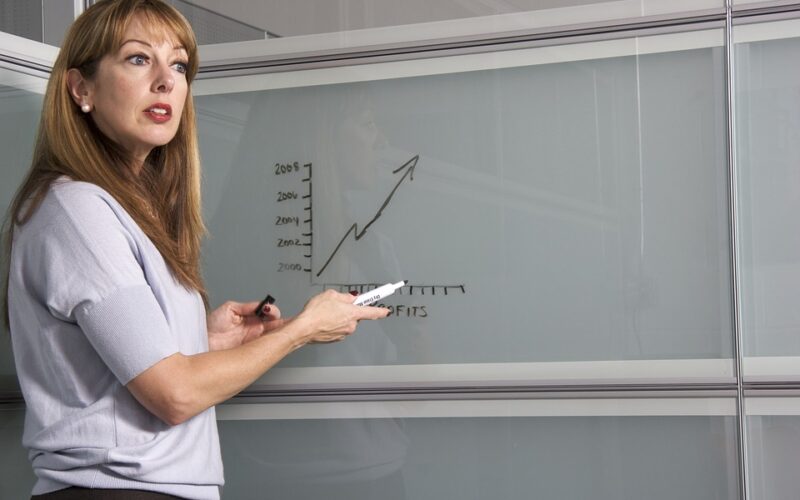Understanding Different Learning Styles
Learning is a deeply personal experience, with each individual absorbing and processing information in distinct ways. Understanding the different learning styles can significantly enhance one’s educational experience, especially in fields such as healthcare, where precision and understanding are paramount. With the rise of technology, learning has become more accessible and adaptable to various preferences, transforming traditional education frameworks.
Visual learners
Visual learners thrive on seeing information. They grasp concepts better when they can see diagrams, charts, and videos. This method is particularly effective in courses such as ECG training, where understanding the graphical representation of heart rhythms is crucial. Visual aids can simplify complex data, making it easier to remember and apply in practical settings. Today’s technological advancements provide an array of tools like interactive software and virtual simulations that cater to visual learners, enhancing their ability to absorb and retain information.
Auditory learners
For auditory learners, sound is a potent conduit for learning. They learn best through listening to lectures, discussions, and audio recordings. In the context of healthcare assistant training, podcasts and recorded lectures can be invaluable resources, allowing auditory learners to replay and internalise information at their own pace. Additionally, technology has expanded these auditory possibilities with platforms like audiobooks and voice-activated applications that facilitate learning anytime, anywhere.
Kinaesthetic learners
Kinaesthetic learners are hands-on individuals who learn best through movement and touch. Practical experience is vital for these learners, making activities like workshops, simulations, and role-playing essential components of their education. For those undergoing ECG courses, engaging in practical exercises or using wearable tech can significantly enhance their understanding and skills. The digital age offers unprecedented opportunities, such as virtual reality (VR) scenarios, which provide immersive experiences conducive to kinaesthetic learning.
Reading/writing learners
For some, the traditional methods of reading and writing remain the most effective way to learn. These learners excel when they engage with text, taking notes, and writing essays. In healthcare education, comprehensive manuals and textbooks remain staple resources. The internet offers vast repositories of written material, including research papers and online articles, which can be easily accessed and annotated, providing reading/writing learners with endless opportunities to deepen their knowledge.
Technology bridging the gap
Technology acts as a bridge, connecting various learning styles and making education more inclusive. Online platforms offer customised ecg training modules that adapt to different learning preferences, ensuring that every student, regardless of their style, has access to tools that suit them. For instance, a single platform might provide video tutorials, podcasts, interactive quizzes, and downloadable text resources, enabling users to choose the method that works best for them.
The future of personalised learning
The future of education lies in its ability to adapt to each learner’s unique needs. With ongoing advancements in technology, personalised learning experiences are becoming more commonplace. Artificial intelligence (AI) and machine learning algorithms now have the potential to analyse a learner’s progress and suggest tailored resources and strategies. This personalised approach not only caters to individual learning styles but also improves efficiency and effectiveness, ensuring that healthcare professionals are well-equipped with the necessary skills and knowledge.
Understanding the different ways people learn and leveraging technology to support these styles is essential in today’s educational landscape. For fields requiring precision and expertise, such as healthcare, integrating diverse learning methods with technological solutions ensures a comprehensive and inclusive learning experience. Whether you're embarking on an ECG course or exploring healthcare assistant training, recognising and adapting to your learning style can transform your educational journey.







